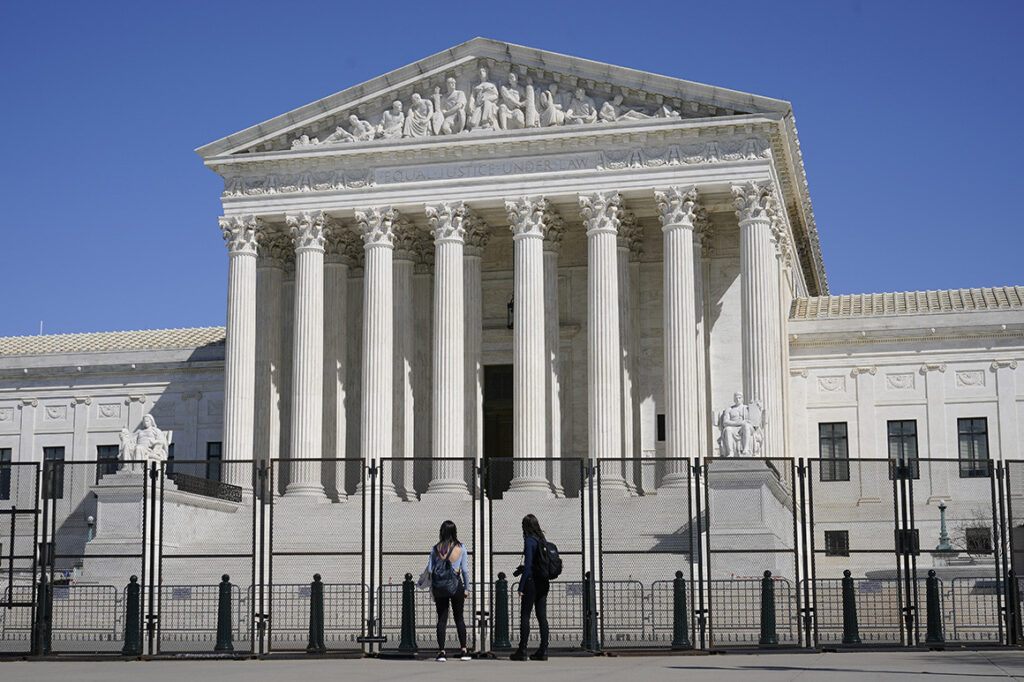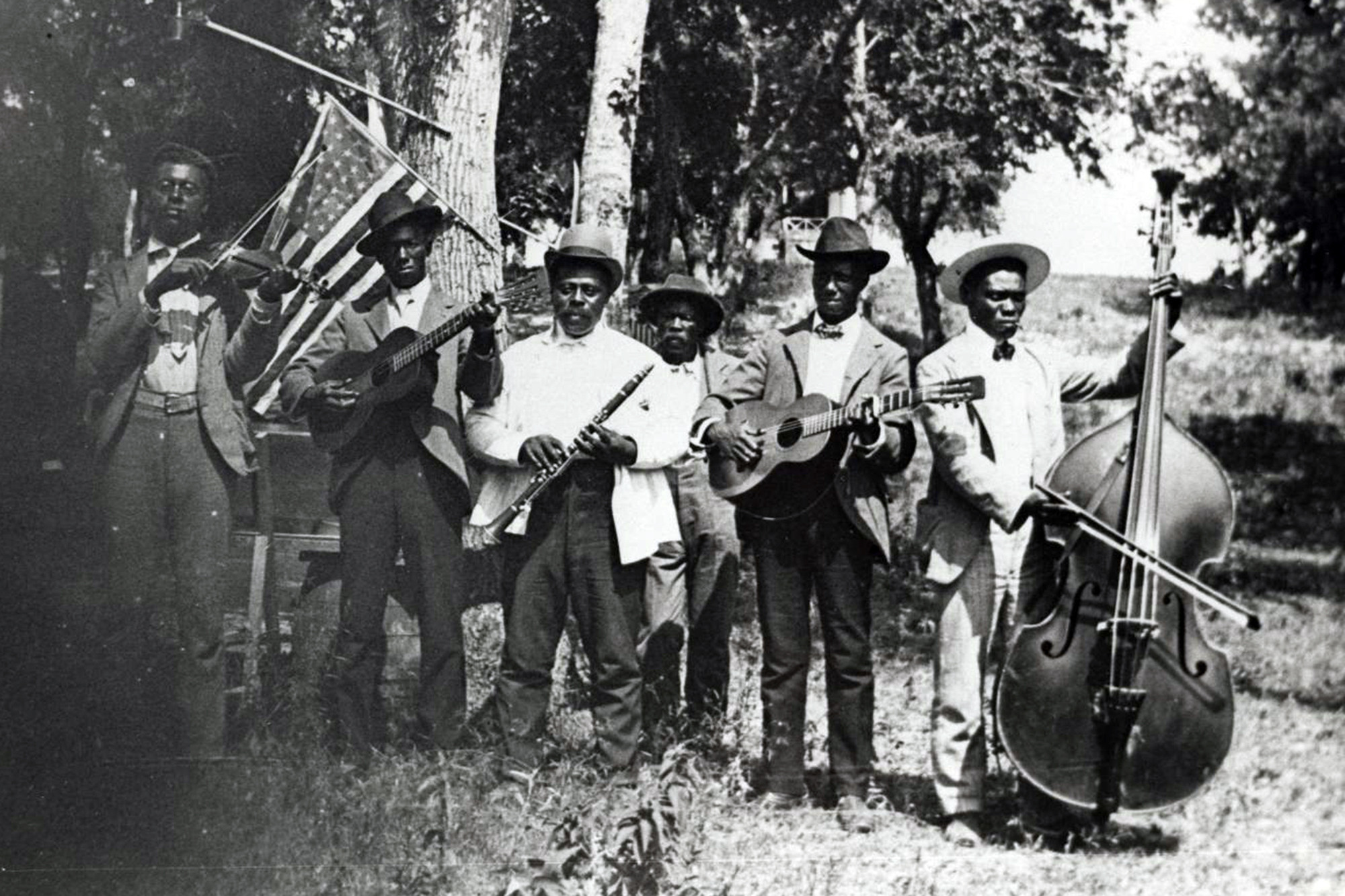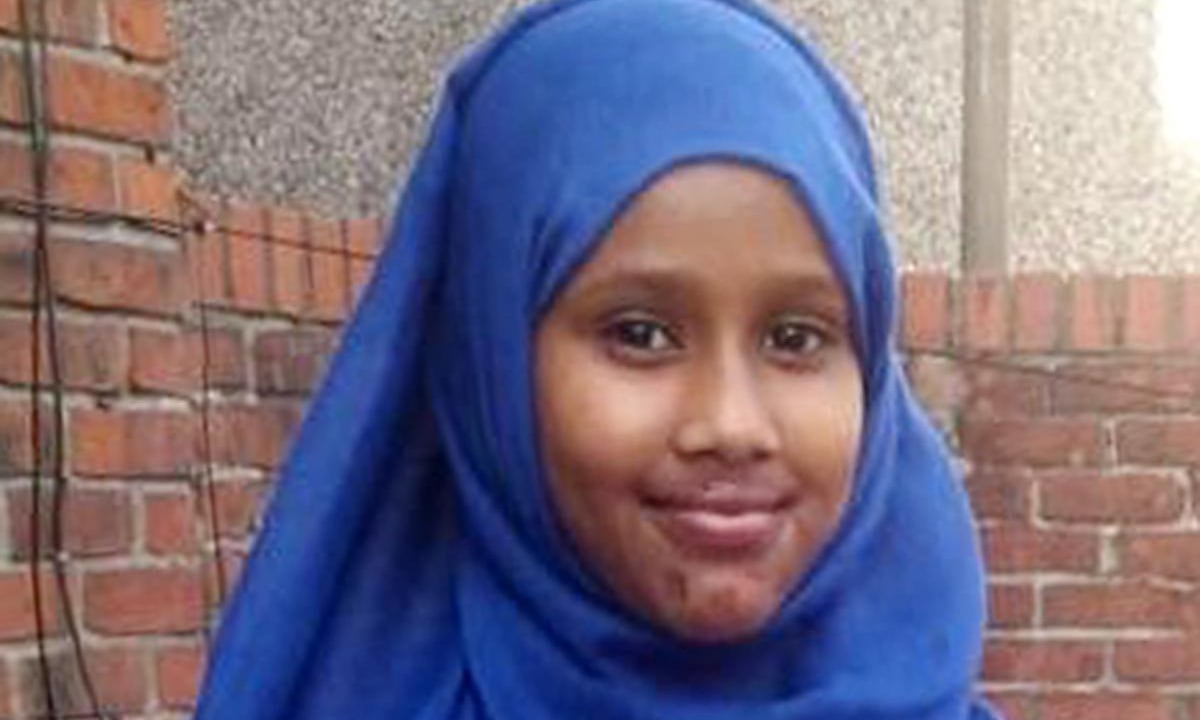Cover photo courtesy of Planned Parenthood
On Wednesday The Supreme Court upheld the Trump administration’s regulation that allows employers and universities to deny covering birth control based on religious or moral objections.
The American Civil Liberties Union immediately denounced this ruling via Twitter,
“We’ve said it and we’ll say it again: Religious liberty is no license to discriminate.”
BREAKING: The Supreme Court just sided with the Trump administration, ruling your employer or university can deny you birth control coverage based on a religious or moral objection.
We’ve said it before and we’ll say it again: Religious liberty is not a license to discriminate.
— ACLU (@ACLU) July 8, 2020
The ruling comes from Little Sisters of the Poor Saints Peter and Paul Home v. Pennsylvania, a case that was opened in May.
The Little Sisters of the Poor Saints Peter and Paul Home is “an international congregation of Roman Catholic women religious founded in 1839,” whose mission is to “offer the neediest elderly of every race and religion a home where they will be welcomed as Christ,” according to its website.
Their petition to The Supreme Court called for a reconsideration of the Religious Freedom Restoration Act (RFRA) of 2016, which allowed religious organizations broader exemption from providing contraception. Many states challenged the RFRA because the Affordable Care Act (ACA) did not allow the religious exemption rule. The Little Sisters of the Poor Saints is challenging the rule and has used religion to justify putting millions of Americans’ health in danger.
Justices Ruth Bader Ginsberg and Sonia Sotomayor expressed their dissent to the ruling, bringing attention to the fact that 70,500 and 126,400 people will “immediately lose access to no-cost contraceptive services.”
The Trump administration has issued policies in an effort to end the Affordable Care Act’s (ACA) contraceptive mandate since he was elected in 2016.
In 2017, Trump issued two rules that would have allowed any organization with moral or religious opposition to deny people access to contraceptives. Both rules were blocked by courts and in 2018 the administration changed the language and issued them again.
Planned Parenthood has a page dedicated to tracking Trump’s efforts to get rid of birth control, which infringes on the rights of approximately 65% of women and an unknown amount of trans men, nonbinary, and genderqueer people in the United States.
Supreme Court Justices Kagan and Breyer pointed out that birth control exemptions may not survive legal review any longer.
“I also write separately because I question whether the exemptions can survive administrative law’s demand for reasoned decision making,”
Singer Halsey, an outspoken reproductive justice activist who suffers from endometriosis, pointed out how necessary birth control is for people and how access to it shouldn’t lie in the hands of lawmakers or politicians.
Birth control stops my excruciating pain + scar tissue cementing my organs together you thick fucking imbecile https://t.co/2wBEaebwE2
— h (@halsey) June 30, 2017
Birth control is healthcare and healthcare is a human right.






